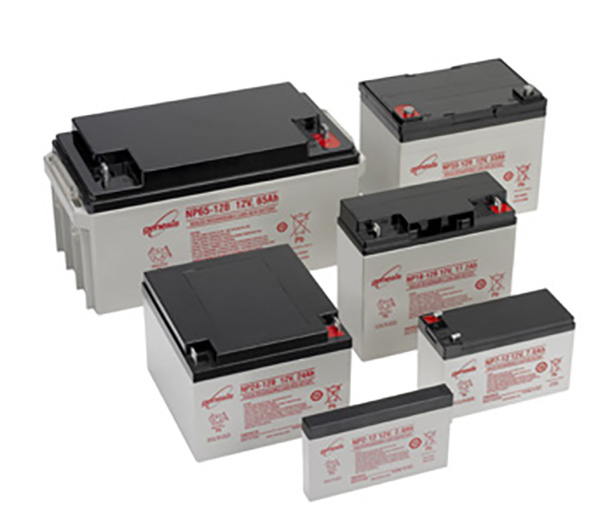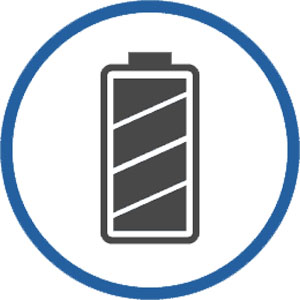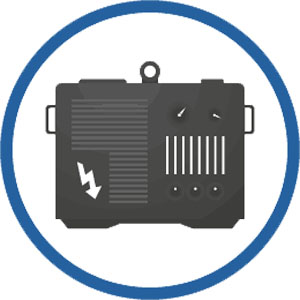A Guide to UPS Batteries | UPS System
Unfortunately, UPS (Uninterruptible Power Supply) batteries will not last indefinitely. Normal battery life expectancy is 4 years; this is dependent on the frequency of use, duration of use and environmental conditions such as heat and humidity.
We advise that replacements should occur every 3 years. We also recommend that your batteries are periodically tested to ensure they are still functioning correctly.
We can supply and install all types and makes of UPS batteries, replacing them during your annual Preventative MaintenanceVisit, scheduled as part of your maintenance contract, or during a Health Check. This can be done on a unit-by-unit basis or by replacing all your batteries at the same time to ease your administration and give you total peace-of-mind.
We supply replacement UPS batteries for AEC, APC, Chloride, Eaton Powerware, Emerson, Liebert, GE Digital Energy, MGE, Riello, Socomec … and more.
Click here for more information on our battery replacement services.

UPS Battery Configuration
Sealed Valve-Regulated Lead-Acid batteries (SVRLAs) are the workhorse of almost all current UPS systems, large and small. In normal UPS use, they are maintenance-free. Design life is typically either five or ten years, with some fifteen-year sizes available. Replacement is normal at least a year before the design life expires and on larger systems, batteries will be checked as part of a normal service regime at least once per year. High temperatures shorten the life of all lead-acid batteries. SVRLA design life is rated at 25°C. For every five degrees above that, battery life is halved.
Many plug-in UPS (uninterruptible power supplies) have ‘user-replaceable’ batteries. This saves time and money when battery replacement is due. Often the cost of transporting a UPS without this feature to our workshop, plus engineer time, outweighs the cost of a new UPS, which will typically come with a two-year warranty.
UPS batteries are connected in series into ‘strings’. The number of UPS batteries will depend upon the DC design voltage of the system and the runtime required by the user. Multiple strings are preferable for improved reliability, as a single faulty cell within a string can render the whole string useless. For this reason, many users of larger UPS (Uninterruptible Power Supplies) invest in UPS battery monitoring systems, which measure battery parameters continuously, enabling our engineers to spot a battery before it fails.
Get in touch to discuss your UPS Battery requirements
Our Services
Our Clients





















































